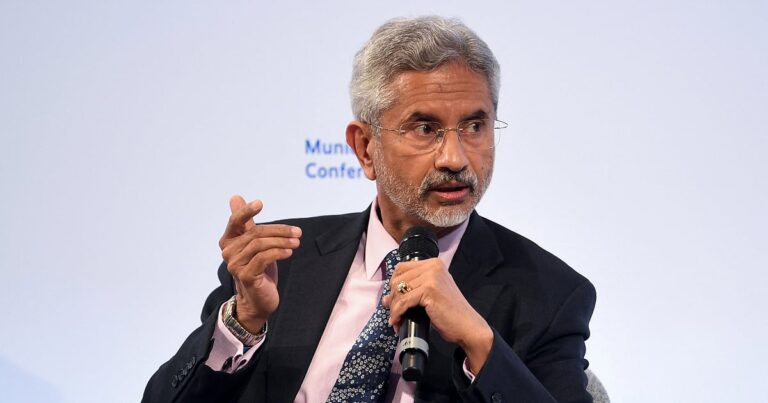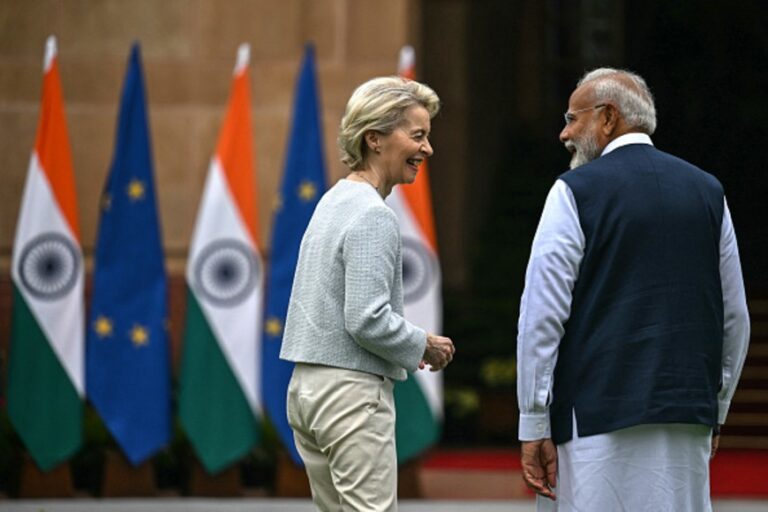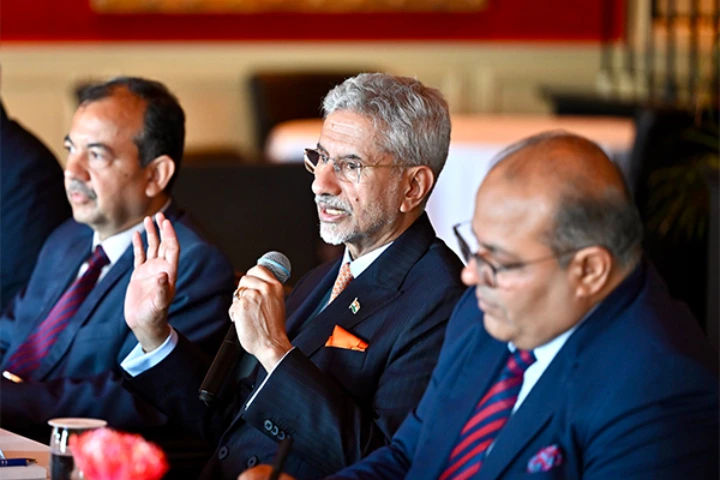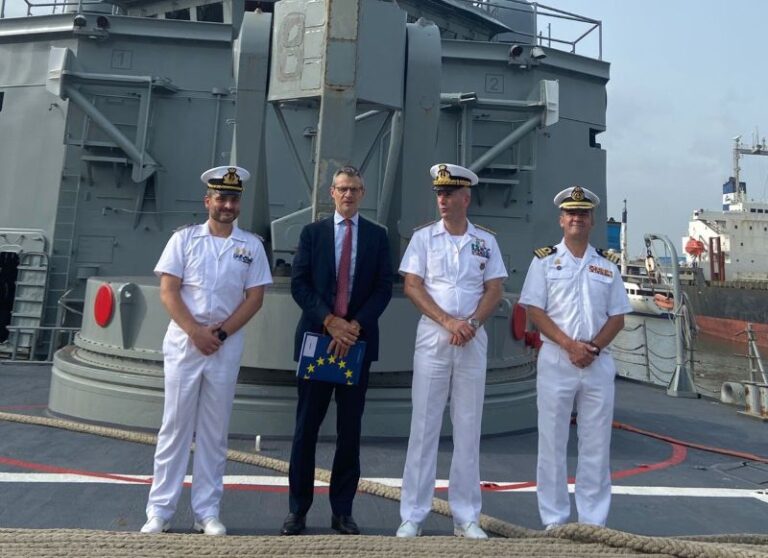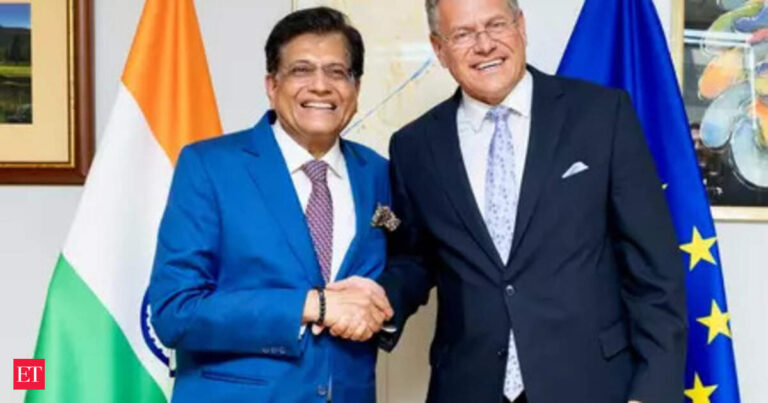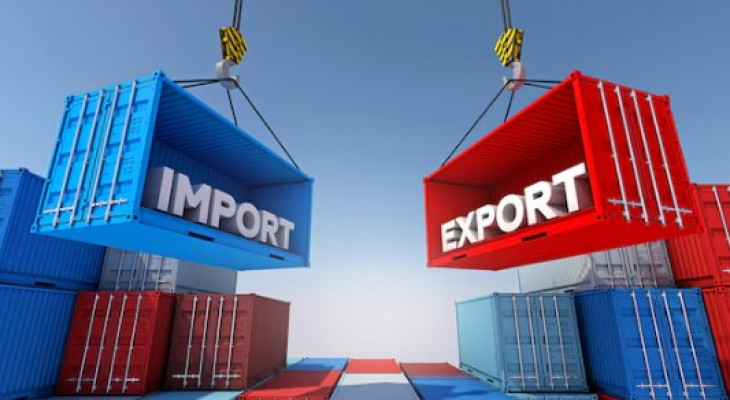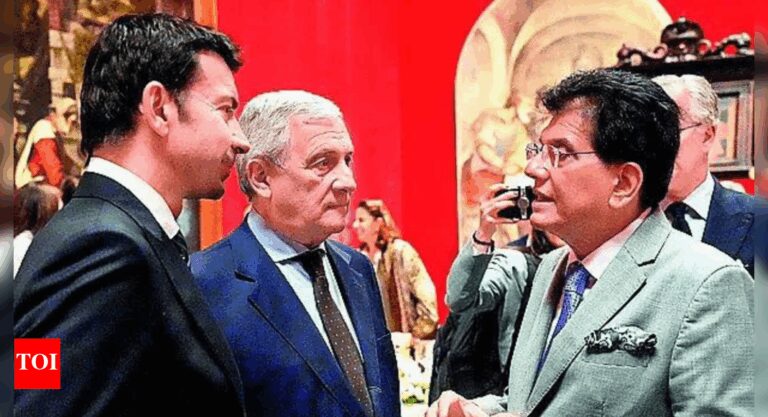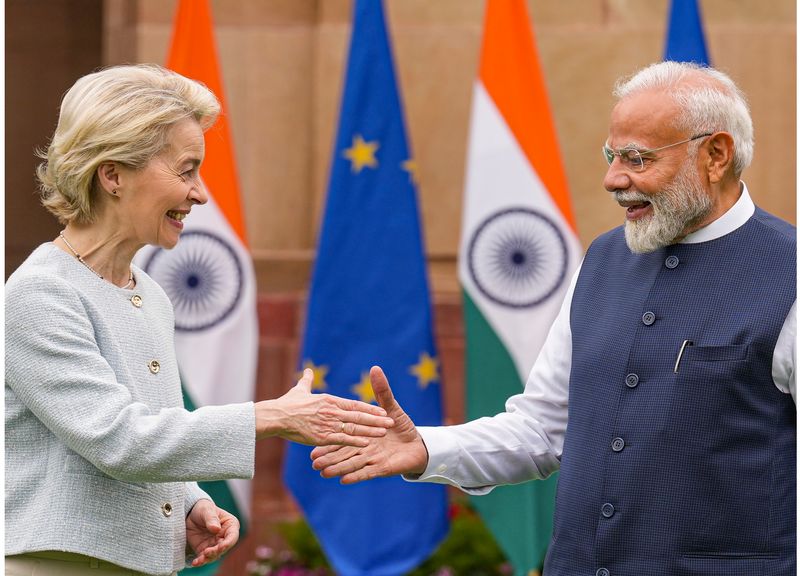
The very first visit to the College of European Union commissioners (EU), led by the president of the European Commission, Ursula von der Leyen, India, took place last week. The College of Commissioners is the political management of the European Commission and is made up of the president, five executive vice-presidents, a high-level representative for foreign affairs and the security policy and 20 commissioners representing the Member States, each with a specific portfolio. This is the first time that the college has traveled outside Europe.
There are imperative reasons for India and the EU to forge a really strong and stable partnership. The two are multi -he -and -multi -cultural plural democracies multi -religious, multi -line, multililing and multicultural and each has an interest in the success and resilience of the other. They have a convergence of geopolitical interests. India has a permanent preference for a world multipolar order, just like the EU, because everyone strives to maintain its strategic autonomy. India has always supported a strong and relatively independent Europe because it would promote a multipolar world. For Europe too, a strong and independent India should have been worthy of support, but it has been less salient over the years.
It was in November 2004 that at the 5th India-UE summit in The Hague, India and EU, established a strategic partnership for the first time. I was secretary of foreign affairs at that time and he appeared when the stars had aligned themselves by giving a new and positive direction to the relationship based on the perception of a strong strategic convergence. But then India and the EU separated. This was mainly due to the fact that China emerged as an important economic and commercial opportunity for the EU. Negotiations on an ambitious Indian-EU (ALE) free trade agreement, mandated at the top in 2004, quickly took place while the strategic objective was vague and technical and obstructed the negotiation process. The differences between the two parties to multilateral trade forums and climatic problems have become sharper. India has found easier and more productive to face large European countries such as the United Kingdom, France and Germany bilaterally rather than engaging substantially with the Bureaucracy of the EU.
While EU’s relations with Russia have deteriorated, in particular after the occupation of Ukraine Crimea by the second in 2014, the EU began to see India-Russia relations in an increasingly negative day. This negativity has become more pronounced with the Russian invasion of Ukraine in 2022 and the reluctance of India to publicly condemn Moscow or to follow the EU in the imposing economic sanctions on Russia.
It is in this backdrop that the reset of India-EU relations becomes significant. He is motivated by the rapidly evolving geopolitical landscape, dramatized more recently by the TV crashes between the American president Trump and his Ukrainian counterpart Zelenskyy at the oval office. European countries rush to contain the benefits of what is equivalent to launching Ukraine under the Russian bus. Trump should be thanked for giving new impetus to the India-EU relations and for a change in the European perspective on India.
The delegation held meetings with Prime Minister Narendra Modi and almost his entire cabinet. A joint declaration published at the end of the visit and the press conference during which Prime Minister Modi and the head of the European Commission spoke of the importance of the visit and his results reflect the new salience that the company of persons has acquired. There has always been a very wide spectrum program for cooperation between the two parties, but it will now be continued with much greater vigor. The most important thing is their declared commitment to conclude a bilateral ALE by the end of the year. Another potentially important area of cooperation is the defense and security sector. Although the EU was mainly a political and economic entity, it recently assumed a defense and security role, in particular the promotion of the joint production of military equipment, joint acquisition and research and development.
A closer defense partnership with the EU would allow India to diversify its military purchases and develop its own capacities. Since President Trump took office in Washington, there have been growing uncertainties on American commitment to European defense through the Organization of the North Atlantic Treaty (NATO). Trump set out to the Russian President Vladimir Putin to settle the crisis of Ukraine without involving European leaders, the targeting of Europe with high prices and the right court of right -wing political figures in the great European nations – all of this made the United States an unpredictable opponent rather than an ally of confidence. The head of the European Commission admitted that his visit was held in a geopolitical “inflection point” and that the India-EU partnership had taken on increased importance in this context.
One may wonder why Europe does not turn to China instead, given its much greater economic and commercial relations with this country. China would be sensitive to European movements to forge a narrower political and economic partnership, taking advantage of its fault with the United States. Indeed, there were voices in Europe by recommending specifically such a decision. There are good reasons why India was a priority.
First, it is recognized that India, despite certain disturbing signs, is a dynamic plural democracy with which the EU has a greater degree of political affinity than with China.
Second, there is an apprehension, that India can share, that Trump could well conclude an agreement with China, which would conclude at the root of a multipolar order.
Three, Chinese strategic alignment with Russia is deeper, more sustainable than it might seem at first sight. China has approved the Russian point of view on European security and this is stated in the Chinese-Russian press release of February 4, 2022, concluded practically the day before the Russian invasion of Ukraine. Although India has an inherited relationship with Russia, it is not of the nature of a strategic alignment. There can therefore be a greater comfort in pursuing an India-EU partnership.
Von der Leyen pointed out that his visit took place in the middle of a rare and perfect alignment of seven planets and that India-Eu relations also aligned themselves, precipitating a deeper commitment and a closer collaboration.
We hope that this time, the ties in India-EU will indeed become stronger and lasting. They could become a very appreciated stable anchor in a world of changing geopolitics and unexpected crises.
